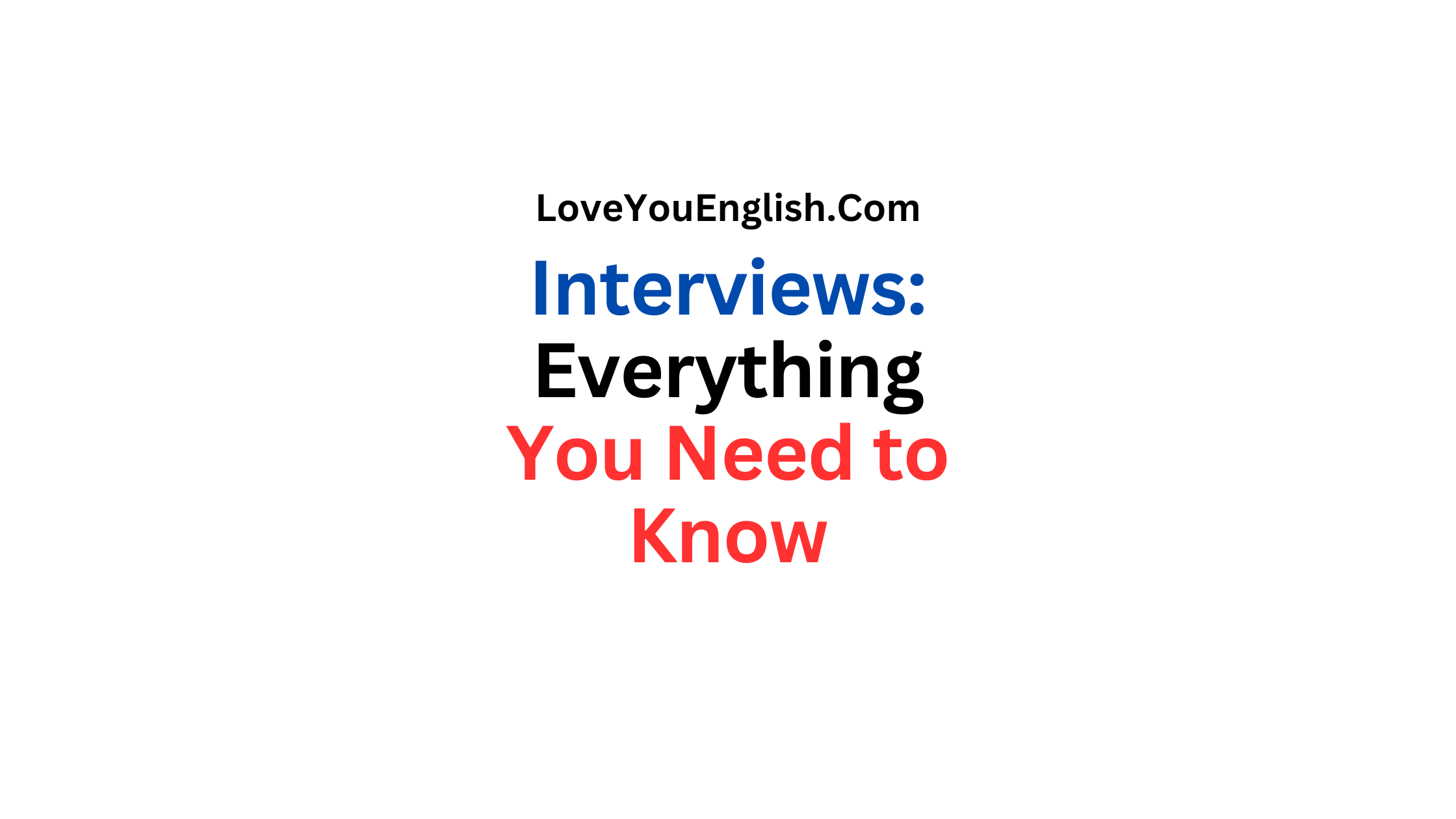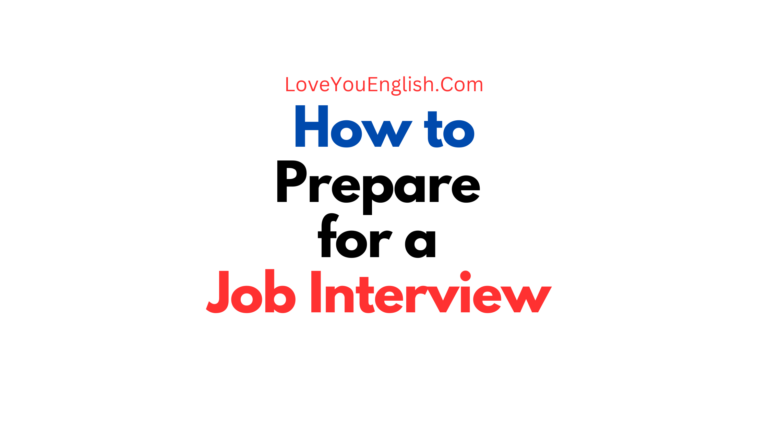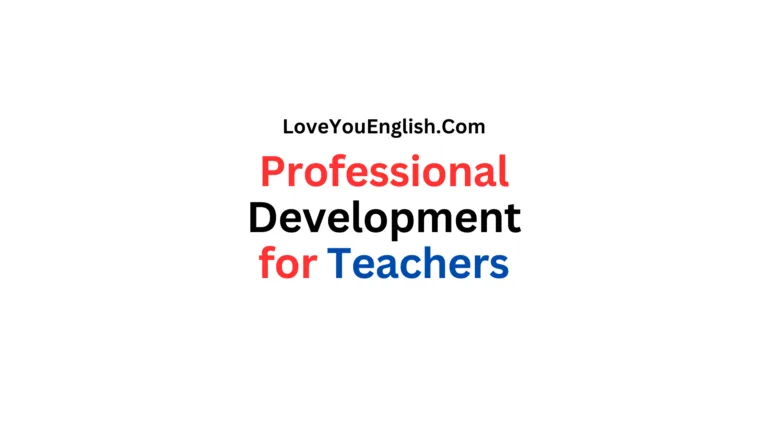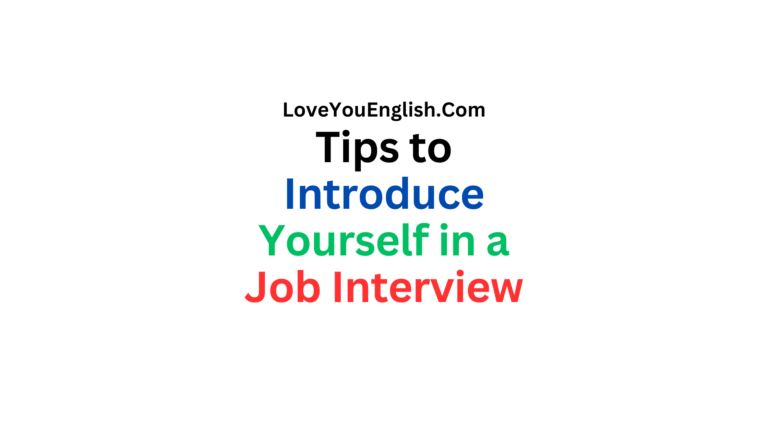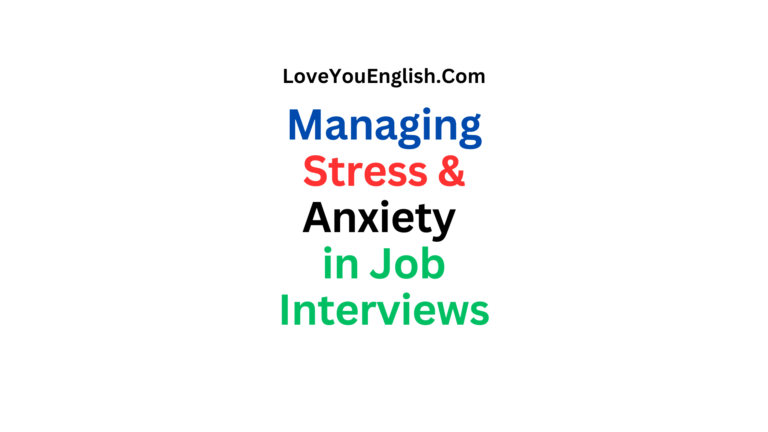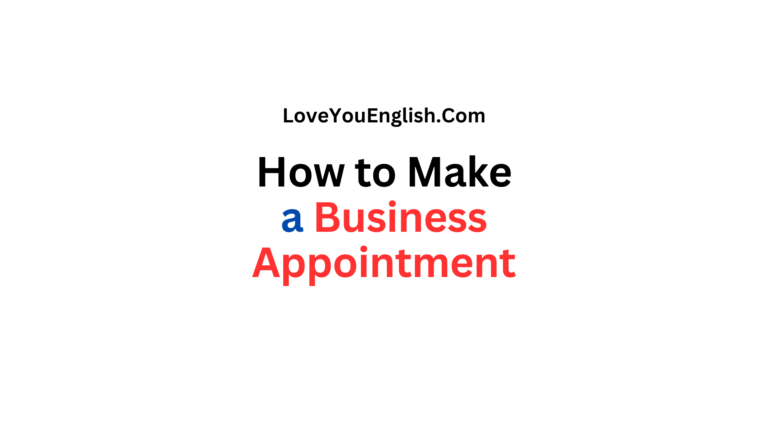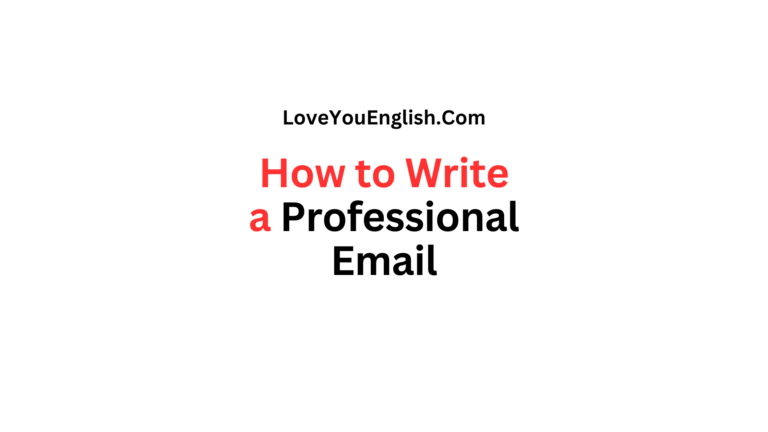Job Interview: Tips for a Successful Interview
Job Interview: Tips for a Successful Interview
Job interviews can be scary, but they don’t have to be.
With the right preparation and mindset, you can feel confident and do your best.
I will walk you through everything you need to know about job interviews, from start to finish.
What is a Job Interview?
A job interview is a meeting between you and an employer.
They want to learn more about you and see if you’d be a good fit for the job.
It’s also a chance for you to learn about the company and decide if you want to work there.
Types of Job Interviews
There are several types of job interviews you might face:
One-on-One Interview: This is the most common type. You’ll meet with one person, usually the manager you’d be working for.
Panel Interview: You’ll meet with a group of people from the company at once. This can feel more intense, but remember they’re just trying to save time.
Phone Interview: Some companies do a quick phone call first to see if they want to bring you in for an in-person interview.
Video Interview: With more people working remotely, video interviews are becoming common. They’re like in-person interviews, but over video chat.
Group Interview: Sometimes companies interview several candidates at once. This lets them see how you work with others.
Before the Interview
Preparing well can make a big difference in how your interview goes.
Here’s what to do:
Research the Company: Learn about what the company does, its values, and any recent news. This shows you’re interested and helps you ask good questions.
Study the Job Description: Know what the job involves and think about how your skills match up.
Practice Common Questions: Some questions come up in almost every interview. Practice answering them so you feel more comfortable.
Prepare Your Own Questions: Having questions shows you’re interested in the job. Ask about the work, the team, and the company culture.
Choose Your Outfit: Pick out what you’ll wear ahead of time. It should be clean, neat, and appropriate for the company. If you’re not sure, it’s better to be a little too dressy than too casual.
Get Your Materials Ready: Bring several copies of your resume, a notepad, and a pen. If you have a portfolio of your work, bring that too.
Plan Your Route: Know how you’ll get to the interview and how long it will take. Plan to arrive 10-15 minutes early.
The Day of the Interview
On the big day, follow these tips:
Eat a Good Meal: Don’t skip breakfast or lunch. You want to feel your best.
Double-Check Everything: Make sure you have all your materials and that your outfit is ready.
Stay Calm: Take deep breaths if you feel nervous. Remember, the interviewer wants to get to know you.
Arrive Early: Get there with time to spare. This lets you relax and collect your thoughts.
Be Polite to Everyone: The receptionist might tell the interviewer how you acted, so be nice to everyone you meet.
Turn Off Your Phone: Or better yet, leave it in your car or bag. You don’t want it to interrupt the interview.
During the Interview
Now it’s time for the main event.
Here’s how to make a great impression:
Make a Good First Impression: Smile, make eye contact, and give a firm handshake if appropriate.
Watch Your Body Language: Sit up straight, don’t fidget, and look interested in what the interviewer is saying.
Listen Carefully: Pay attention to the questions so you can give good answers.
Be Positive: Even if you’re talking about a past job you didn’t like, try to find something positive to say.
Give Specific Examples: When you’re talking about your skills or experience, give real examples of times you’ve used them.
Be Honest: If you don’t know something, it’s okay to say so. You can always say you’re eager to learn.
Ask Your Questions: Remember those questions you prepared? Now’s the time to ask them.
Thank the Interviewer: At the end of the interview, thank them for their time and say you’re excited about the opportunity.
Common Interview Questions
While every interview is different, some questions come up a lot.
“Tell me about yourself.”
This is often the first question. Give a brief overview of your work history and skills that relate to the job.
“Why do you want to work here?”
This is where your research comes in handy. Talk about what you like about the company and how you’d fit in.
“What are your strengths?”
Pick strengths that match what the job needs. Give examples of how you’ve used these strengths.
“What are your weaknesses?”
Be honest, but pick a weakness that isn’t crucial for the job. Explain how you’re working to improve.
“Where do you see yourself in five years?”
Show that you have goals and that this job fits into them.
“Can you tell me about a time when you faced a challenge at work? How did you handle it?”
This is a behavioral question. They want to know how you act in certain situations.
Use the STAR method to answer:
- Situation: Describe the situation
- Task: What was your task or goal?
- Action: What did you do?
- Result: What happened because of your actions?
“Why should we hire you?”
Sum up your best qualities and how they match what the company needs.
“Do you have any questions for us?”
Always say yes! This shows you’re interested. Ask about the job, the team, or the company culture.
After the Interview
Your job isn’t done when you leave the interview.
Here’s what to do next:
Send a Thank You Note:
Email a thank you note within 24 hours. Thank them for their time and restate your interest in the job.
Think about what went well and what you could improve for next time.
Follow Up:
If you don’t hear back in the time frame they mentioned, it’s okay to send a polite follow-up email.
Different Types of Interview Questions
Interviewers use different types of questions to learn about you.
Here are some you might encounter:
Open-Ended Questions:
These don’t have a simple yes or no answer. They let you explain your thoughts.
For example, “What did you like about your last job?”
Closed-Ended Questions:
These have a specific answer.
For example, “How many years of experience do you have?”
Behavioral Questions:
These ask about how you’ve handled situations in the past. The question about facing a challenge is an example.
Situational Questions:
These ask how you would handle a hypothetical situation.
For example, “What would you do if a customer was angry about a late delivery?”
Technical Questions:
These test your knowledge about specific skills needed for the job.
Dealing with Nerves
It’s normal to feel nervous before and during an interview. Here are some ways to handle it:
Practice Deep Breathing: Take slow, deep breaths to calm yourself.
Visualize Success: Imagine the interview going well. This can help you feel more confident.
Prepare Well: The more prepared you are, the less nervous you’ll feel.
Remember They’re Just People: The interviewers are regular people, just like you. They want the interview to go well too.
Focus on the Conversation: Instead of worrying about how you’re doing, focus on having a good conversation.
Special Interview Situations
Sometimes you might face special situations in interviews.
Here’s how to handle them:
Gap in Employment: If you have a gap in your work history, be honest about it. Explain what you did during that time, like learning new skills or volunteering.
Changing Careers: If you’re switching to a new field, focus on your transferable skills. These are skills you’ve learned that can apply to many jobs.
Overqualified: If the interviewer thinks you have too much experience for the job, explain why you’re interested in this position. Maybe it offers better work-life balance or a chance to learn something new.
Salary Questions: If they ask about salary expectations, it’s usually best to give a range rather than a specific number. Do some research beforehand to know what’s typical for the job.
Remote Work: If the job involves working from home, be ready to talk about how you stay organized and motivated when working remotely.
Handling Tough Questions
Sometimes interviewers ask difficult questions.
Here’s how to handle them:
Take Your Time: It’s okay to pause and think before you answer.
Ask for Clarification: If you’re not sure what they’re asking, it’s fine to ask them to explain.
Stay Calm: Even if the question surprises you, try to stay relaxed.
Be Honest: If you don’t know something, say so. You can add that you’re willing to learn.
Illegal Questions
Some questions are not allowed in job interviews.
These include questions about:
- Your age
- Your race or national origin
- Your religion
- Whether you’re married
- Whether you have children or plan to
- Any disabilities you might have
If you’re asked an illegal question, you can politely decline to answer.
You could say, “I don’t think that’s relevant to my ability to do the job.”
Interview Etiquette
Good manners can make a big difference in an interview.
Here are some tips:
- Be on time (or early)
- Dress appropriately
- Don’t chew gum
- Turn off your phone
- Don’t interrupt the interviewer
- Thank them for their time
Virtual Interview Tips
If you’re doing a video interview, here are some extra tips:
- Test your technology beforehand
- Choose a quiet place with good lighting
- Look at the camera, not the screen
- Dress professionally from head to toe (in case you need to stand up)
- Have a plain background
- Close other programs on your computer
Group Interview Tips
- Be respectful of others
- Listen when others are speaking
- Try to stand out, but don’t interrupt or talk over others
- Show that you can work well in a team
Following Up After the Interview
After you send your thank you note, you might need to follow up if you don’t hear back.
Here’s how:
- Wait until after the date they said they’d decide
- Send a polite email asking about the status of your application
- Restate your interest in the position
- Keep it short and professional
If You Don’t Get the Job
If you find out you didn’t get the job, try not to get discouraged.
Here’s what to do:
- Thank them for letting you know
- Ask for feedback on how you could improve
- Keep in touch – they might have other openings in the future
- Think about what you learned from the experience
Remember, every interview is practice for the next one.
Even if you don’t get this job, you’re better prepared for your next interview.
Final Thoughts:
Job interviews can be challenging, but with preparation and practice, you can do well.
Remember these key points:
- Research the company and the job
- Practice common interview questions
- Prepare your own questions to ask
- Dress appropriately and arrive on time
- Be polite and professional
- Give specific examples of your skills and experience
- Send a thank you note after the interview
- Follow up if you don’t hear back
Most importantly, be yourself.
The right job isn’t just about having the right skills – it’s also about finding a place where you fit in.
Good luck with your job search!

